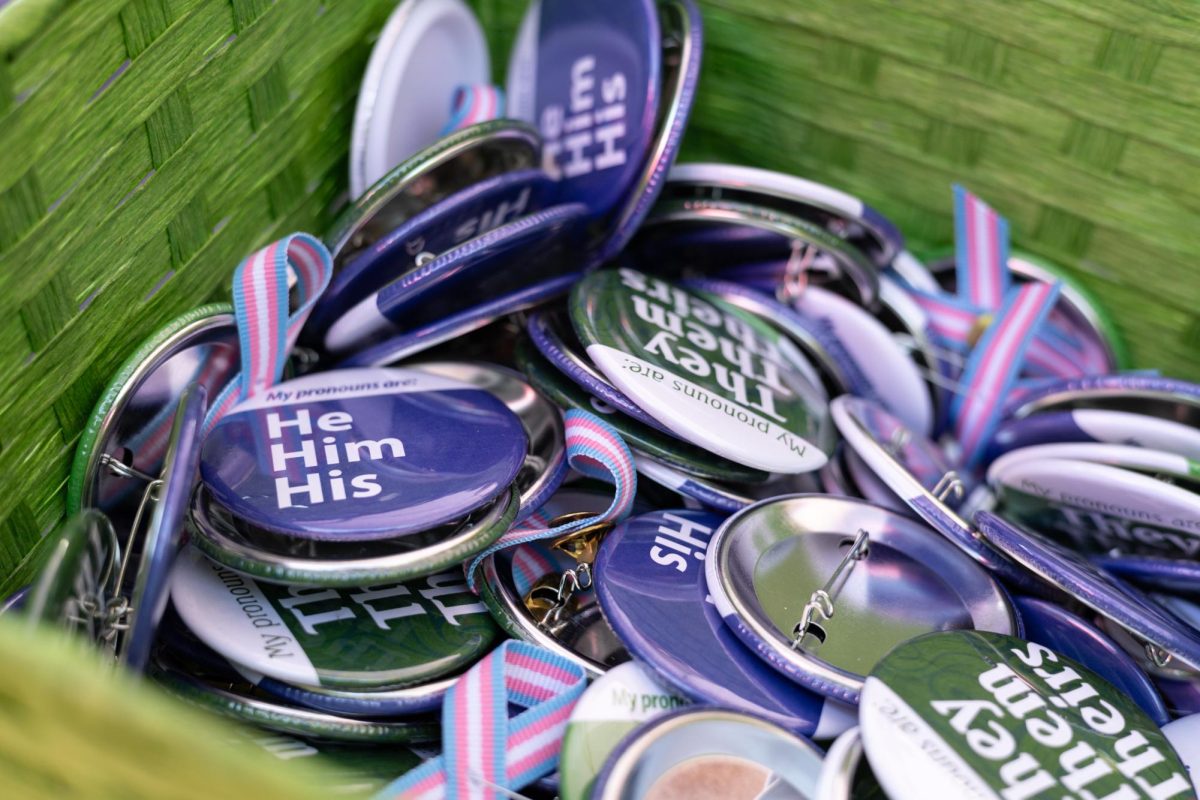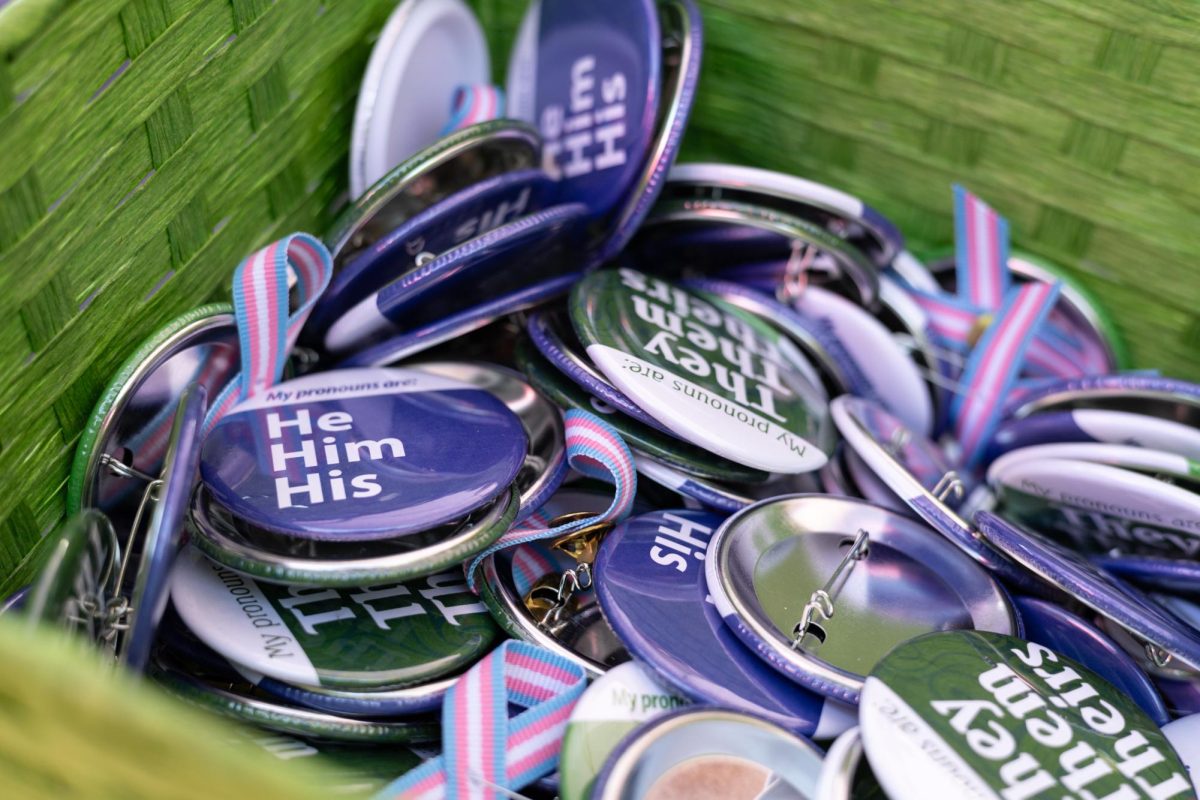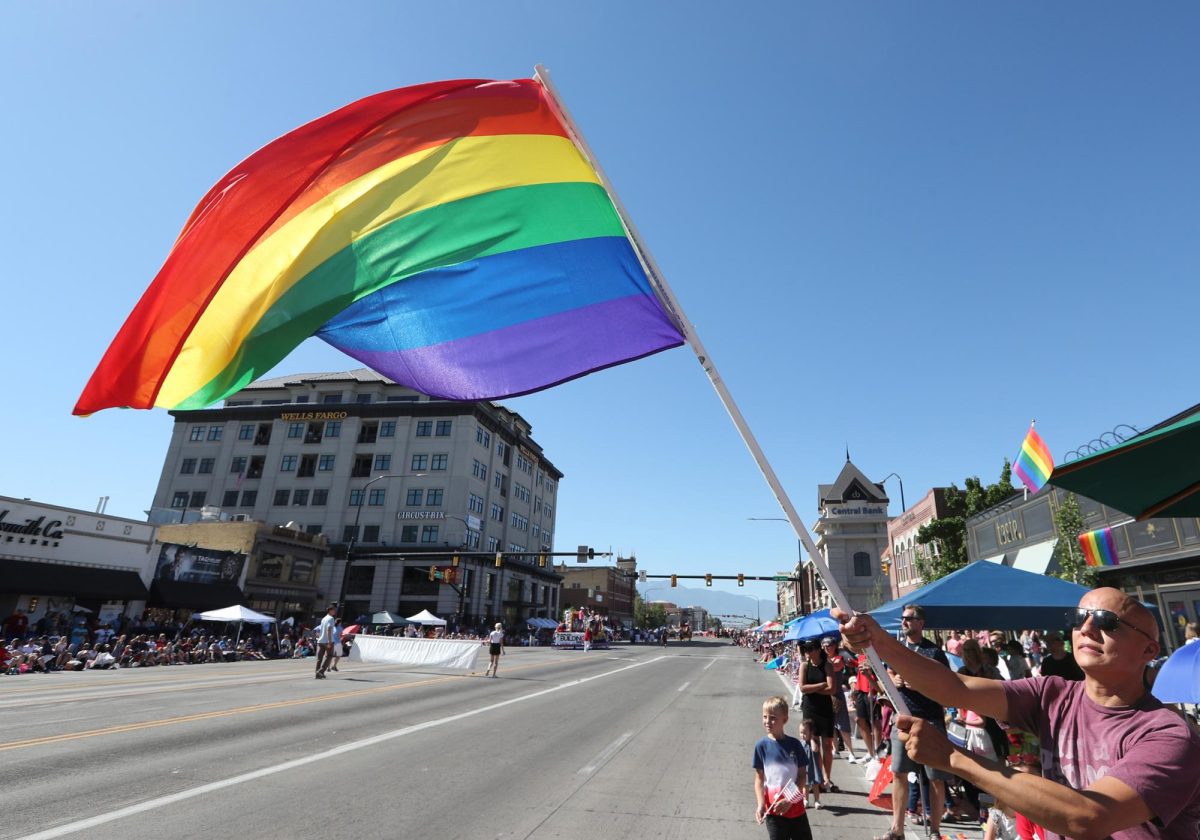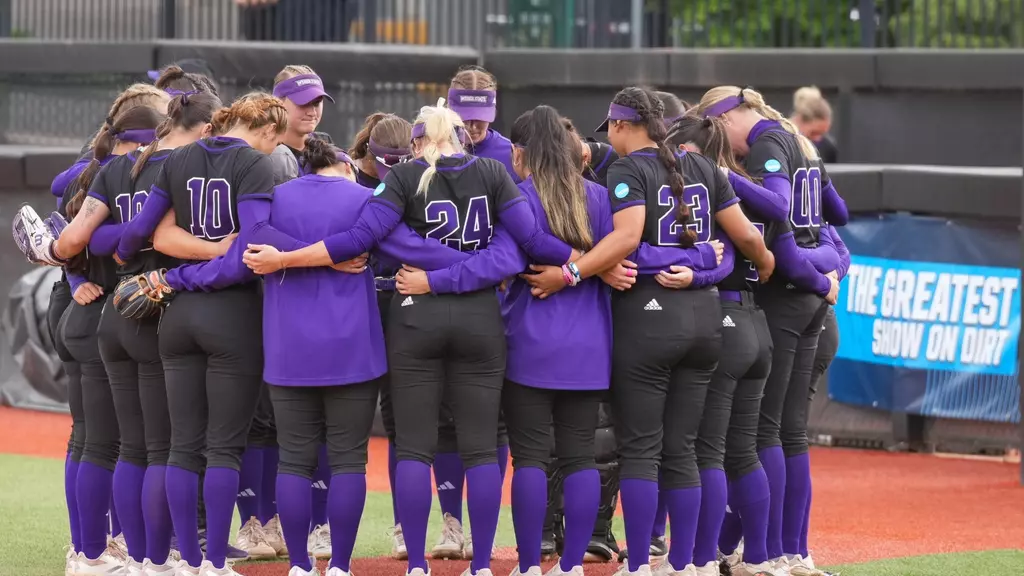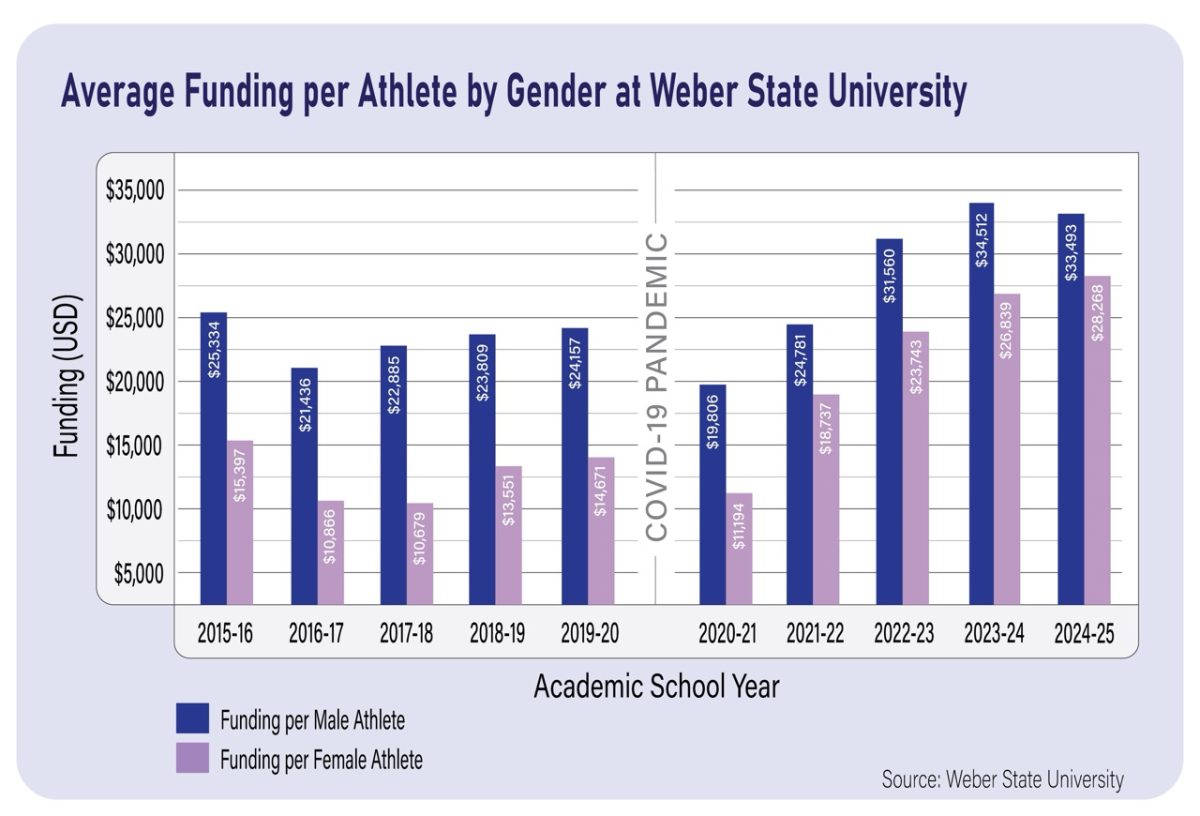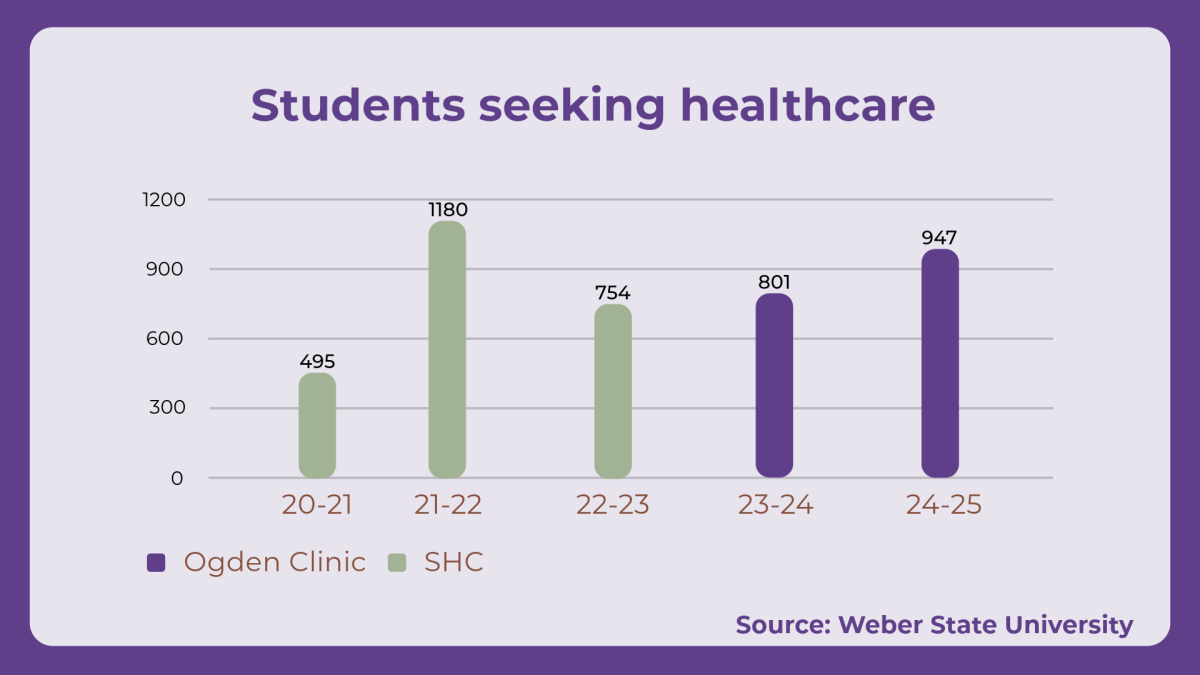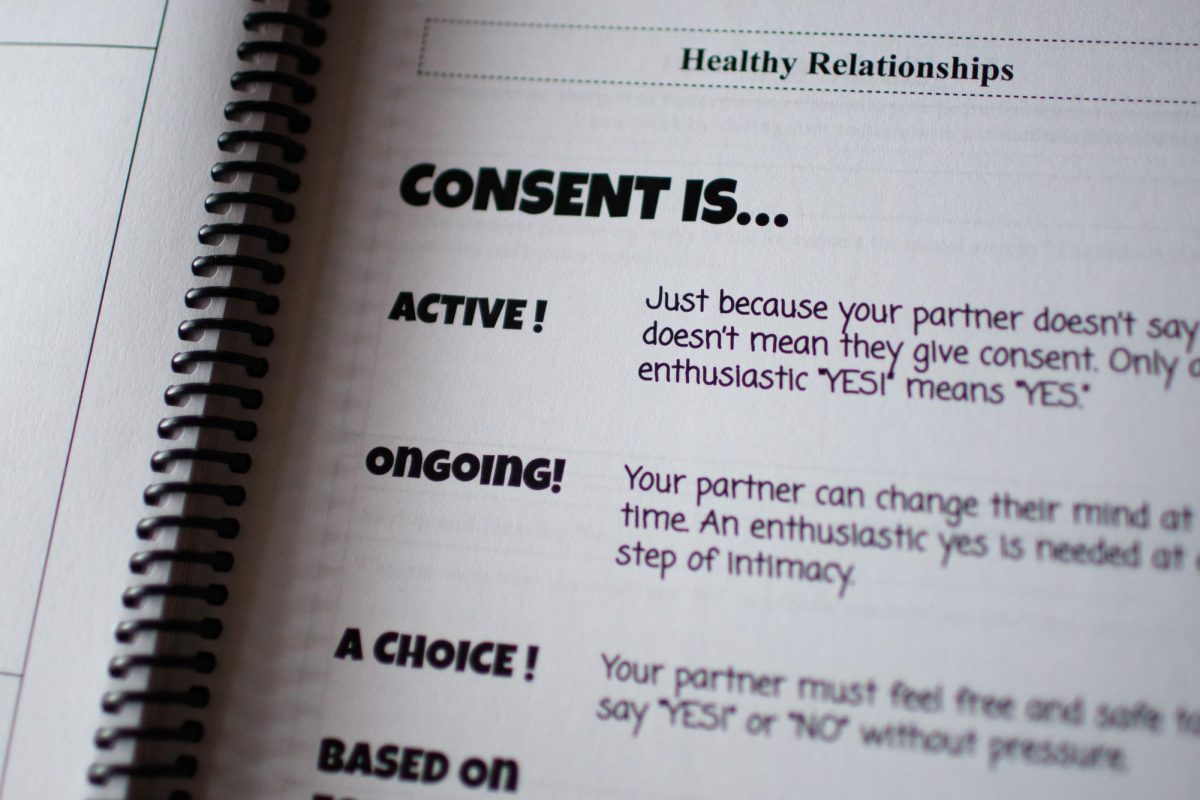During the annual Holocaust Commemoration, which took place April 3–7, Weber State University honored victims whose human rights have been grossly violated.
The event focused on educating students and the community in the hope of creating a better future and featured documentaries introducing audiences to speakers who have first-hand experience with or have researched genocide, war or trauma.
Dr. Stephanie Wolfe, a political science professor at WSU specializing in human rights, organized the event. Wolfe explained that in school, history is emphasized as a way to avoid the mistakes of the past. However, as Wolfe explained, “We are failing at ‘never again.’ We say, ‘never again,’ yet we see the violation of human rights happening again and again.”
She explained further that the purpose of the week-long commemoration event is to “bring the story to our students.” Wolfe invited speakers who would open audience members’ eyes to the atrocities and tragedies that continue to occur in today’s society.
Speakers included Janine Di Giovanni, Middle East Editor of Newsweek magazine, Consolee Nishimwe, Rwanda genocide survivor, and Dr. Amos Guiora, professor of law at the S.J. Quinney College of Law, whose presentation,“The Crime of Complicity,” focused on bystander liability.

Guiora spoke at the Hearst Center for Lifelong Learning, presenting the ideas contained in his book (published April 1), “The Crime of Complicity.” As the son of two Hungarian Holocaust survivors, Guiora explained his four-year
endeavor to publish this book as an effort to honor his father.
“The word ‘Holocaust’ was never mentioned in our house,” he continued. When he was a young boy, his father took him canoeing and told him that he would explain his experiences in a concentration camp in one minute, his wife’s experiences in one minute, and then they were never to speak of the topic again.
However, Guiora’s self-proclaimed “borderline obsession” and desire to honor his parents drove him to research the Holocaust: specifically, the role of the bystander in what transpired.
His research took him to Holland, Hungary and Germany, where he interviewed Holocaust survivors. One of his interviews led him to an 85-year-old Gentile Dutch woman, who had watched her Jewish classmates get taken away to a concentration camp as her father closed the living room curtains. Their picture hangs on the kitchen wall of her home.

After examining the role of bystanders during the Holocaust, Guiora studied how the lack of bystander liability laws enables crimes such as sexual assault to occur. He spoke of three incidents, two of which could have been avoided if the witness had stepped in.
WSU student Emily Lopez, who attended the event, said that she is “passionate about making a difference.” She continued, saying that she learned from Guiora’s presentation that “now I am responsible if someone is in need.”
“We owe each other a duty,” Guiora said. He is currently working to enact
bystander liability legislation in Utah.








